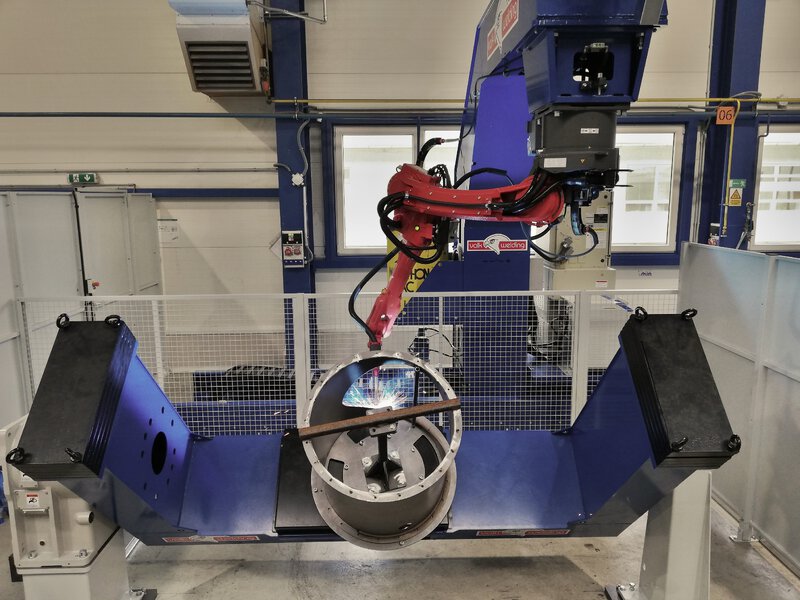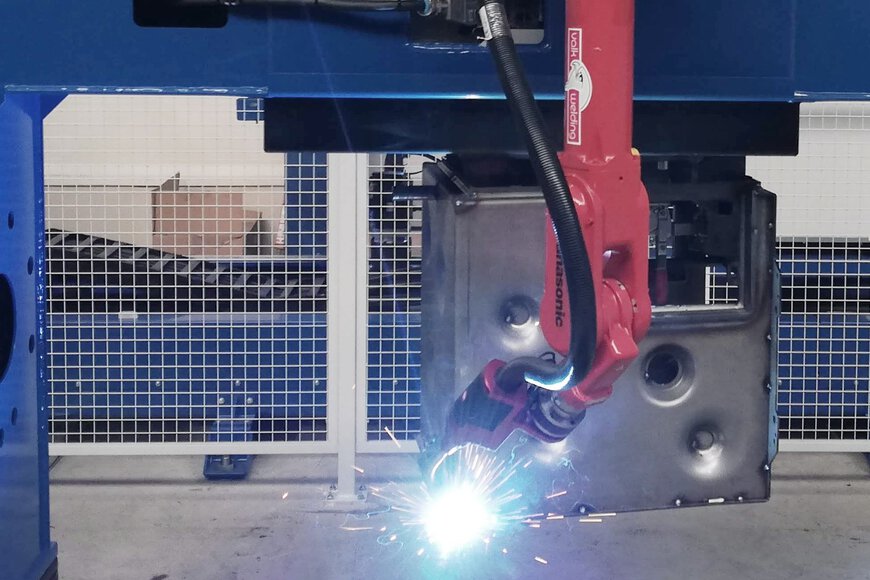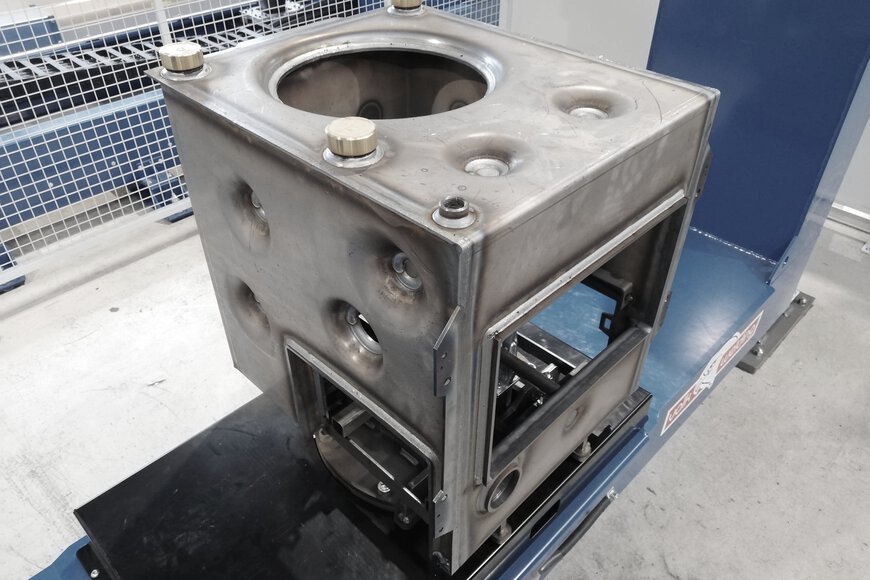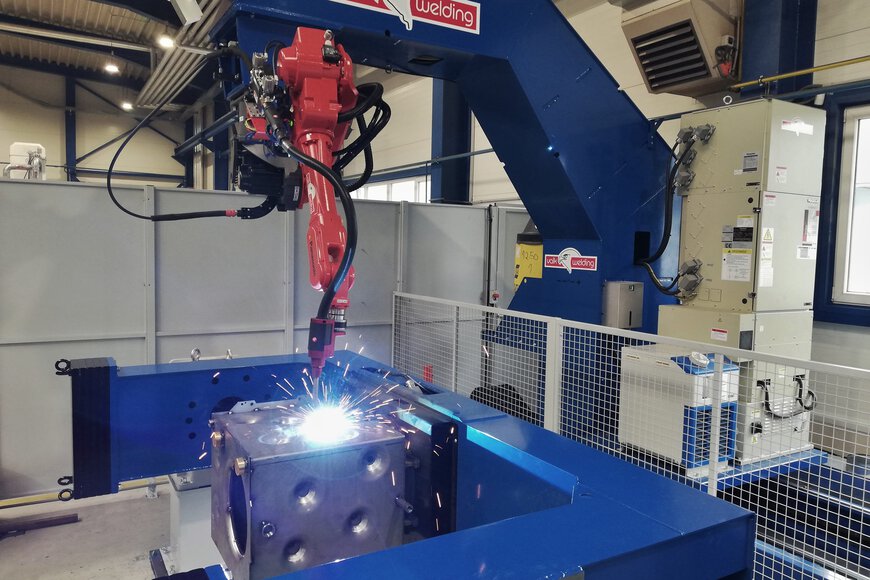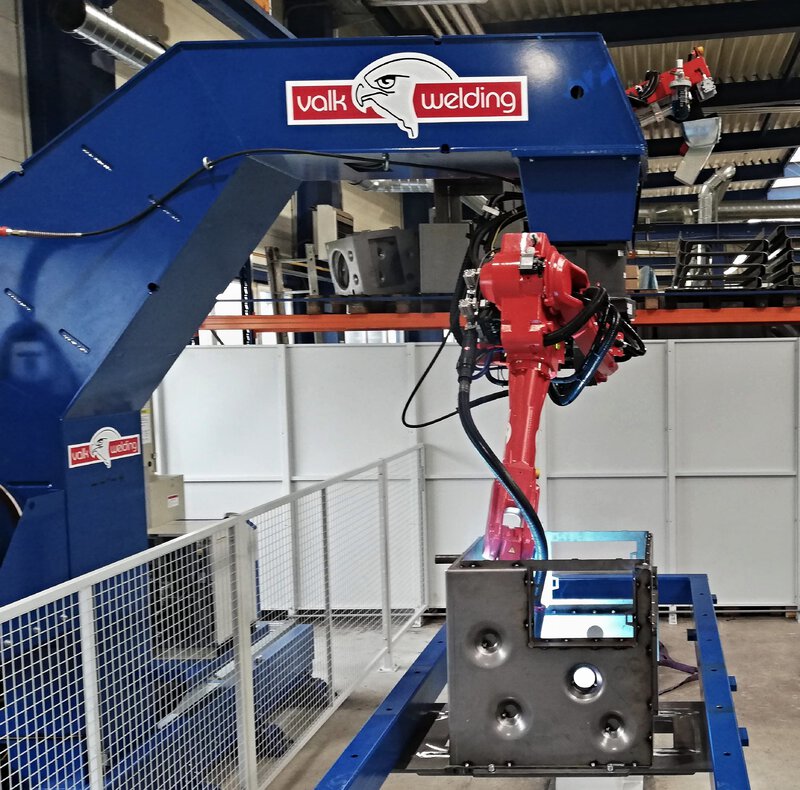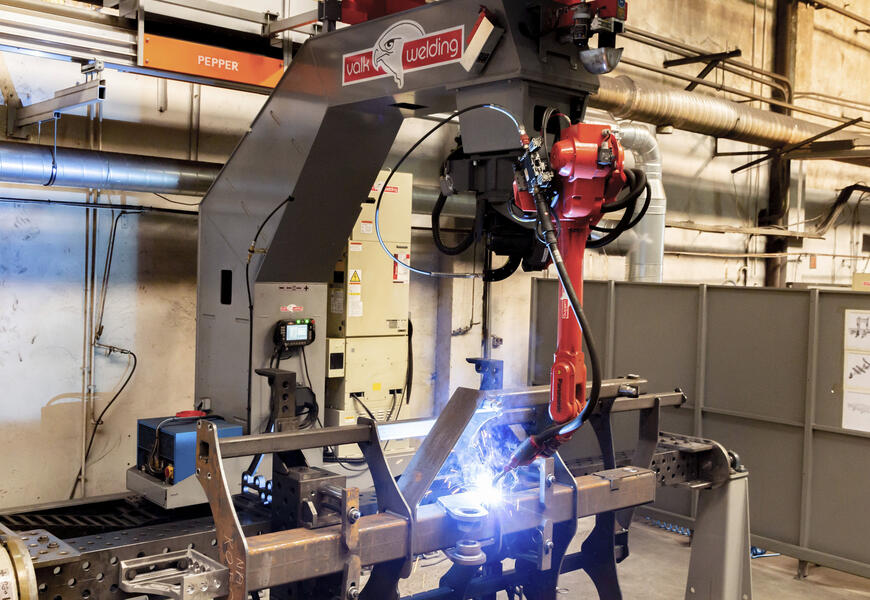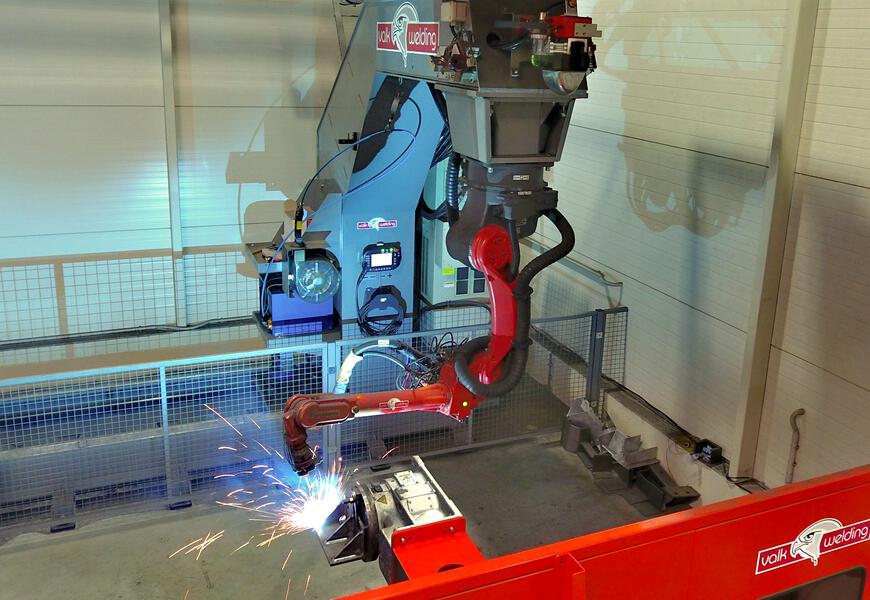Welding as the basis for production
According to the director of Spanner SK, Patrik Lišaník, about 95 percent of the local production is exported, mainly to Germany and Austria. Most of the production is destined for the energy, waste management, wood processing and construction industries.
Typical products of Spanner SK’s piece or small-lot custom production are biomass boilers, heat exchangers, components of filtration systems, packaging equipment or equipment for waste collection, sorting and recycling. “We process, weld and assemble sheet metal offering either finished products or products in various stages of development. Almost all final products and product parts contain welded assemblies, which is why we say that welding is the basis of production for us and represents the bulk of our added value,” explains the company’s motivation to invest in the development of welding technology. He adds that part of the reason for automating welding is the long-standing shortage of welding personnel. “We need highly skilled people, and we have them, but it is a problem to find new ones. Being in Považská Bystrica, where there are several dozen other companies employing welders, the market is exhausted,” adds Mr Lišaník.

